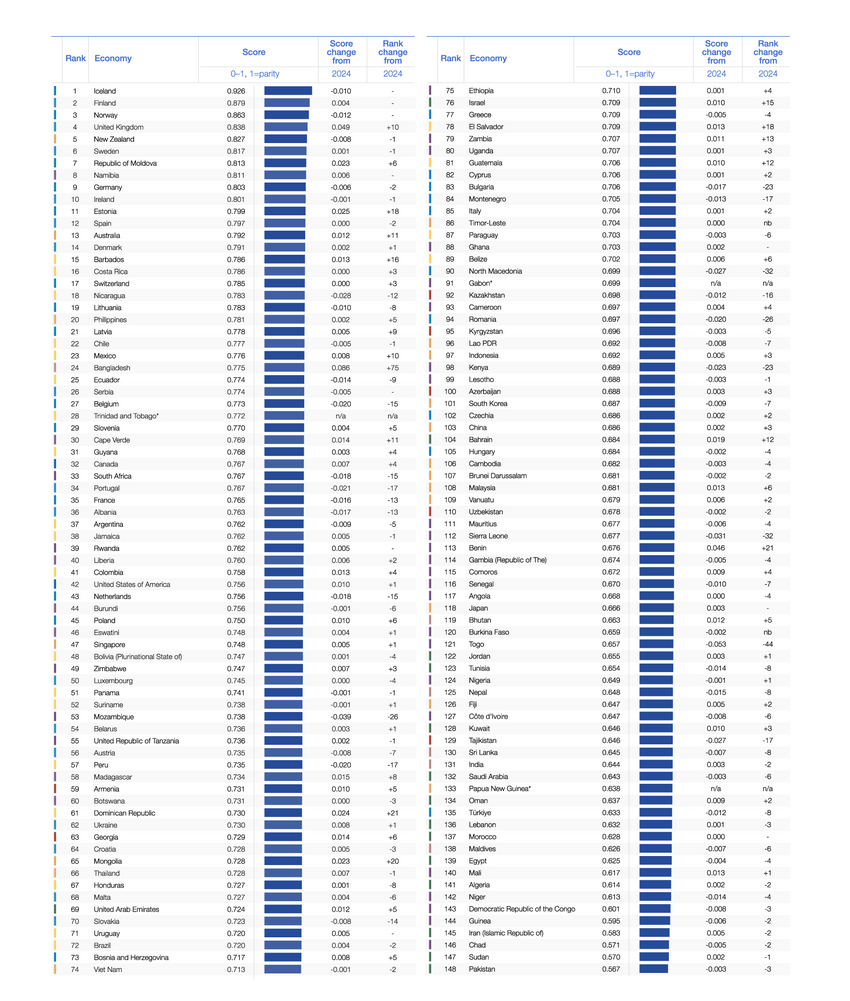Have you ever considered starting a romantic relationship in the virtual? Imagine a man, actually, for most of the time, several handsome, wealthy and thoughtful men that you have to interact with in different scenarios towards a common goal constantly. Here, love is never rushed – it is quietly woven into every moment. An ambiguity has been delicately crafted and maintained through interaction rather than a burst of confession. They always remember every detail about you, respond to your feelings and protect you from danger. In turn, you gradually fall for him, getting to know his hidden self through his past stories, glimpses of his vulnerability and a collision of souls in the sharing of moments. Think of The Truman Show, you are living in a romantic series where the whole world is designed but only exists for you – as long as you open the app.

Otome game?
Otome means young women in Japanese, reflecting its lineage from early female-oriented games. It often features a female protagonist as the player whose life intertwines with male characters in plots, developing a romantic relationship with one or more of them. An innovation is the shifting of control: in most games or even throughout history, women have been perceived as a passive acceptance, especially in romantic relationships, constantly subordinate to men.
In Japan, a married woman traditionally stops working to fully devote themself to the family. However, more women start to realize the importance of maintaining independence by engaging in the workforce in the postwar period. Those women wanted to preserve their freedom while long for alternative relationships to satisfy their emotional needs. In 1994, the first otome game Angelique (Anjelikku) was released in Japan, where the goal of the heroine is attractting nine male characters. Angelique was created by a team of women, who did not necessarily aim to but effectively constructed a safe space for working women – a place independent from men.
Otome games spread to South Korea in the late 1990s and to China in the early 2000s. Ti this day, East Asia remains the primary producer and the largest consumer market in the world.
Why East Asia?
Being a woman in anywhere in the world is hard, in East Asia it seems especially so.

Answering why feminism has lagged behind in East Asia is already well-trodden territory in literatures. One of the most cited influences is Confucianism, a series of teachings from Confucius later adopted by ruling class as social norms. For over 2500 years, it has formed and shaped every aspect of East Asia society.
Like most ruling mechanisms, Confucianism granted men social voice, property rights and access to education, systematically safeguarded through the institution of marriage. However, rather than relying purely on law enforcement or coercion, Confucianism sustained itself through a familial-state isomorphism, suggesting that the patriarchal family is a direct projection of state governance. Transforming obedience to men in the family domain into a mirror of obedience to emperor in the public domain created a nationwide clan system, where the subordination of women became a prerequisite for governance. By legitimizing, naturalizing and socializing subordination as virtues, patriarchal authority became internalized and recognized as a virtuous form of life for women.
Confucian culture constraints have loosened in the face of contemporary social transformation, yet its enduring influence continues to restrict the freedoms that East Asian women can exercise. Therefore, family, marriage and romantic relationships, central to Confucianism, become battlefields in society. Single and childless adult young women suffer most from it for their deviation from the traditional female roles, often stigmatized and alienated. In seeking refuge in the virtual, East Asian women invest their passion in reimagining of heterosexual romances, yet paradoxically replicate the very traditions they are trying to escape.
A Sweet Patriarchal Chronic Poison?
With the shift in positioning, the otome game allows women to start gazing men. In these games, women can constantly examine male characters in terms of appearance and performance, therefore choose whether to interact with them. However, whether unlocking an exclusive storyline through gacha system or raising affection through sending gifts, consumption is repackaged to meet the needs for cultivating a personalized relationship. With every experience crafted around the player, otome games offers women freedom of choice, a sense of subjectivity and a substitute for a real romantic relationship therefore often associated with a neoliberal feminism experience. Like neoliberal feminism itself, otome games represents a depoliticized, commodified and mediated form of feminism. The solution for avoiding heterosexual relationships in real life is to take it to the cloud, yet there appears no option to entirely renounce the presence of men.
Or maybe, otome games is anti-feminism. Transforming romantic, intimacy and love into purchasable commodities, otome games construct a securitized and entertainment-ized space through its narratives and designs encoded in heteronormative patriarchy. While these virtual commodities satisfy women’s needs for romance, companionship and emotional security, the implication is that all these comforts are exclusively provided by men. It is even quite hard not to fall for them in an otome game setting, as they are typically portrayed as idealized, controllable, and protective figures. In return, players are expected to cater to his preferences, unlock more of his storylines and purchase in-game items to advance this virtual romance. Investing time and effort, resources and making emotional sacrifices and labor for love – as this virtual romance merely rehearse the scripts of love written for women in reality. Through translating structure inqualities into individual experiences, otome games effectively d displace and dissolve dissatisfaction with patriarchy into a crafted emotional illusion, functioning less as an escape than as a sedative. As wrapping the sharp edges of patriarchy into the sweetness of love, they do not challenge patriarchy but risk becoming one of its most subtle tools of preservation, delaying the feminist struggle in achieving real change.
But what about… love?
Love may be real, but sometimes feelings are just delusional.
Reference
Music for the week: Cloud – galdive
https://shs.cairn.info/journal-clio-women-gender-history-2022-2-page-143?lang=en



Wow, I had never heard of these games before. I can imagine they can feel like an escape for women who are done with red-flagged and controlling men in the real world. But, as you also mentioned, it does not solve any problems. Unfortunately, I can’t think of any games that do. Well… a temporary break can still feel like a relief or relaxing moment, and if these women playing the games can experience that, then that’s a pretty good thing, even if it is temporary.